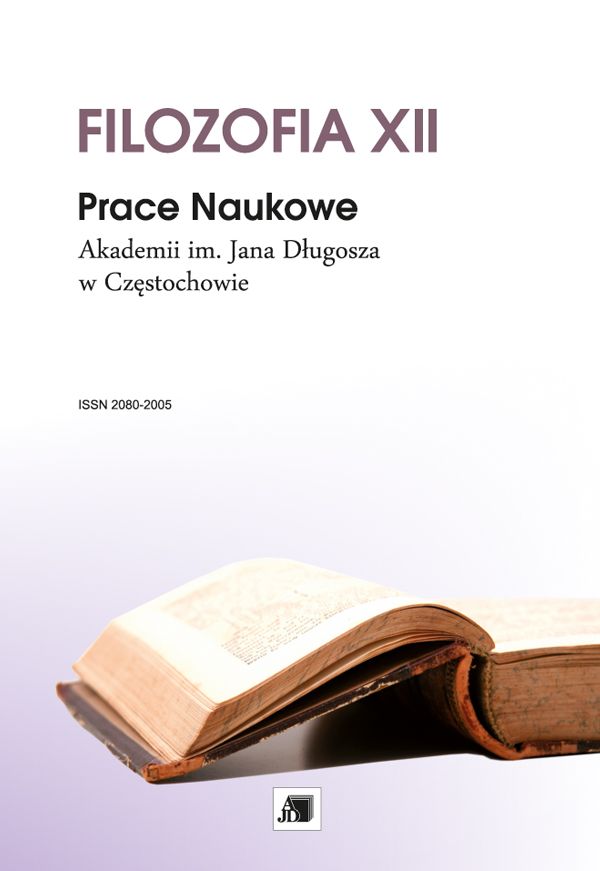Orientacja w czasie i pomiar czasu we wczesnym średniowieczu
Orientation in the Time and the Timekeeping in the Early Middle Ages
Author(s): Marek OtiskSubject(s): History, Philosophy, History of Philosophy, Philosophy of Middle Ages
Published by: Uniwersytet Jana Długosza w Częstochowie
Keywords: timekeeping ; astronomy ; geography ; Martianus Capella ; Isidore of Seville ; S. Bede the Venerable ; Hrabanus Maurus ; Gerbert of Aurillac
Summary/Abstract: The paper deals with the timekeeping in the Early MiddleAges (i.e. between 7th and 11th Century). The timekeeping was motivated for example by the religious obligations (the date of Easter or exact times of all daily prayers in the monasteries) and due to it many of the Early Medieval intellectuals paid close attention to an astronomical context of the timekeeping. This article points out the definitions of basic timekeeping categories (year, month, week, hour etc.) and their astronomical and geographical bases according to pre-scholastic thinkers.Niniejsza praca dotyczy pomiaru czasu we wczesnym średniowieczu (tj. pomiędzy siódmym a jedenastym wiekiem). Ów pomiar był wymuszany między innymi względami religijnymi (takimi jak ustalanie dat świąt Wielkiej Nocy lub ustalanie dokładnego czasu związanego z codziennymi modlitwami w klasztorach) i był dokonywany przez wczesnośredniowiecznych uczonych w kontekście astronomicznego mierzenia czasu, na co ówcześni uczeni kładli szczególny nacisk. W niniejszym artykule jest zatem mowa o określaniu podstawowych jednostek czasu, jakimi są: rok, miesiąc, tydzień, godzina itp., oraz o ich astronomicznych i geograficznych podstawach.
Journal: Prace Naukowe Akademii im. Jana Długosza w Częstochowie. Filozofia
- Issue Year: XII/2015
- Issue No: 12
- Page Range: 89-108
- Page Count: 20
- Language: Polish

